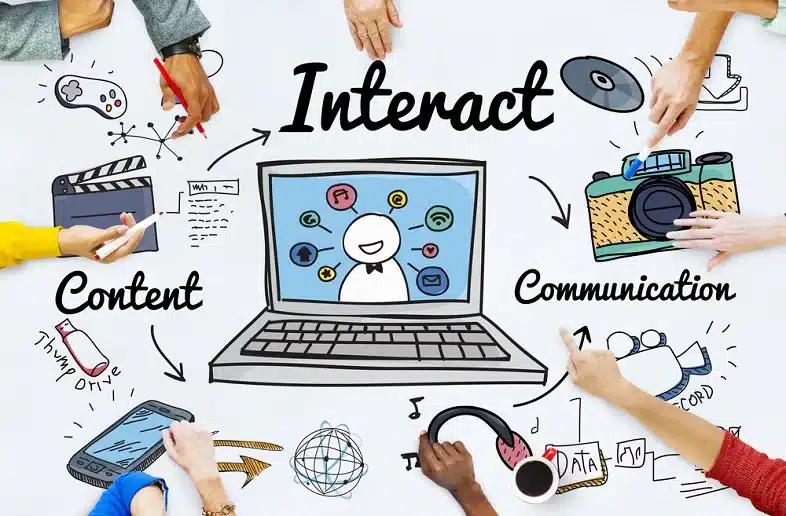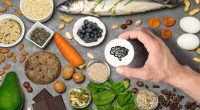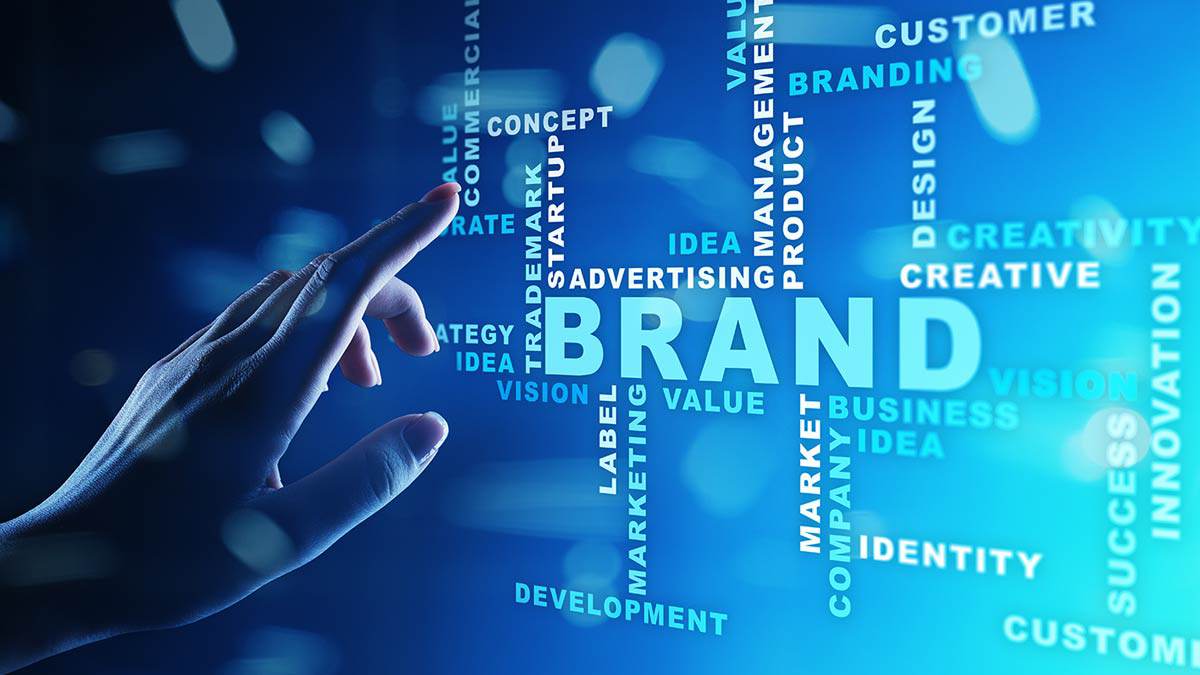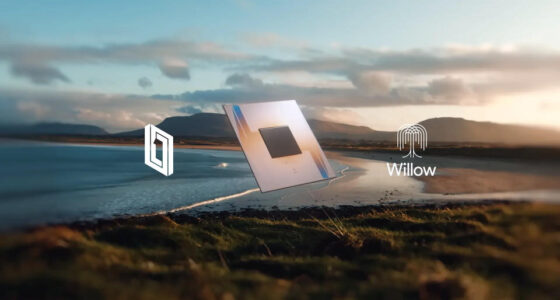QR Codes Drive Consumer Engagement
Scanning for Instant Connections
QR codes have become a game-changer for food brands, offering a seamless way to connect with consumers. By embedding these scannable codes on packaging, brands can direct customers to interactive content like recipes, product stories, or loyalty programs. In 2025, QR codes are more than a gimmick—they provide instant access to nutritional details or sustainability practices, building trust and engagement. This simple technology transforms static packaging into a dynamic marketing tool, encouraging shoppers to interact with brands in real time.
Smart Packaging Enhances Experiences
Sensors and Tech Elevate Branding
Smart packaging is redefining how food brands communicate with consumers, integrating sensors and NFC chips to deliver personalized experiences. For instance, smart labels can notify customers when a product is nearing its expiration date or suggest meal pairings via a smartphone tap. These innovations not only enhance convenience but also create memorable touchpoints that strengthen brand loyalty. By leveraging technology, food companies can stand out on crowded shelves, offering value beyond the product itself.
Gamification Boosts Brand Loyalty
Interactive Challenges Win Hearts
Gamification is a powerful tool for food brands, turning packaging into a playful marketing platform. Brands are incorporating QR code-linked games or AR experiences that reward consumers with discounts or exclusive content. For example, scanning a cereal box might unlock a virtual cooking challenge or a trivia game about the brand’s heritage. These engaging interactions keep customers coming back, fostering a sense of fun and connection that traditional advertising can’t match, all while driving repeat purchases.
Storytelling Through Augmented Reality
Bringing Packaging to Life
Augmented reality (AR) is transforming food marketing by allowing brands to tell compelling stories through interactive packaging. By scanning a QR code, consumers can access AR experiences that showcase a product’s farm-to-table journey or highlight ethical sourcing practices. In 2025, AR is used to create immersive narratives, such as virtual tours of a coffee plantation or animations explaining a snack’s ingredients. This storytelling deepens consumer trust and differentiates brands in a competitive market.
Personalized Offers via Data Analytics
Tailoring Promotions with Insights
Smart packaging paired with QR codes enables food brands to collect valuable consumer data, which can be used to deliver personalized marketing. By analyzing scan data, brands can offer tailored promotions, such as discounts on frequently purchased items or recipe suggestions based on past interactions. This data-driven approach ensures that marketing feels relevant and targeted, enhancing customer satisfaction. In 2025, personalization is key to building lasting relationships with consumers who value customized experiences.
Sustainability as a Marketing Edge
Eco-Friendly Packaging Wins Trust
Interactive packaging also serves as a platform to highlight sustainability, a growing priority for consumers. QR codes can link to detailed information about a brand’s eco-friendly practices, such as recyclable materials or carbon-neutral production. Smart packaging might include sensors that confirm a product’s ethical sourcing, reinforcing transparency. By aligning marketing with environmental values, food brands can appeal to conscious consumers, turning packaging into a powerful tool for both engagement and social responsibility in 2025.







